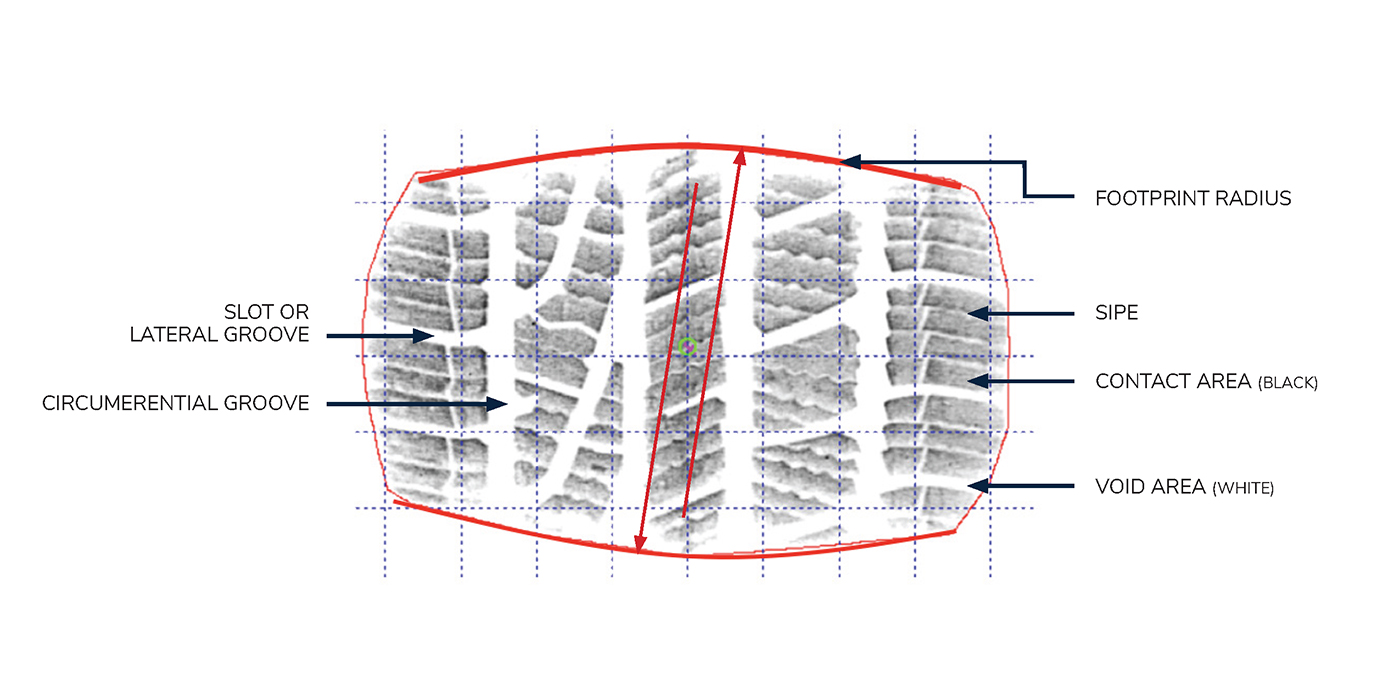
The Tire Industry Association is gearing up its effort to make a difference for our industry in the halls of government. And it’s a good thing because the challenge will be great.
In 2014 and 2015, we have a unique opportunity to speak out and have a significant impact. Let me review some of the major issues we are currently addressing in Washington.
Health Care
It appears that the world of health care will continue to be dominated by the implementation of the Affordable Care Act (ACA). As we have all seen, the rollouts of key provisions of the ACA, including the insurance marketplace, have been far from smooth or ideal.
Here are some things regarding the ACA that we expect to see in the near future:
- The essential health benefits requirements (i.e. the 10 categories of coverage that every qualified health plan will be required to have) go into effect in 2014. Thus, as was seen toward the end of 2013, health insurers may continue to drop people who have obtained coverage through the individual and small-group market from existing plans that do not meet these requirements.
- The individual mandate, requiring that individuals obtain health coverage or pay a penalty tax, also goes into effect in 2014. The initial challenges raised by the individual mandate will carry over to 2015 when the IRS will have to determine the credits and penalties.
- Preparations will continue for the implementation of the employer mandate on Jan. 1, 2015. The employer mandate was originally scheduled to go into effect this past January, but was delayed a year, largely due to concerns about the reporting requirements for employers and insurers. New rules can be expected this year that will hopefully bring more clarity to exactly how the employer mandate will take form.
- Coverage premiums for many, in particular the young and healthy covered by small business health plans, will increase – in some instances significantly. Under the ACA rules that are beginning to take effect for small business plans with under 100 participants, plans can no longer charge higher premiums for employees with pre-existing health problems and cannot charge older employees more than three times as much as they charge younger employees. Thus, while some older employees and those with pre-existing health conditions will see premium decreases, many other small businesses with younger and healthier employees will see premiums increase significantly.
These highlights do not even begin to address the number of rules to clarify and implement the ACA that have yet to be promulgated and that might see movement in 2014. Suffice it to say, the implementation challenges are far from over. We foresee even more problems in the implementation of the ACA.
For instance, there has yet to be much focus on what it means to shift Medicare payments based on the number of procedures to “outcomes.” To convert the way doctors and hospitals get paid may make sense, but it is difficult to see what the long-term impli- cations of such a major change will be for the health care system.
National Energy Bill
An aggressive goal of TIA’s Strategic Plan is to launch an all-industry public relations campaign to enhance the value of the tire industry’s products and resources.
As part of the 2007 National Energy Bill, TIA supported language calling for the National Highway Traffic Safety Administration (NHTSA) to, among other tire performance and fuel efficiency testing and labeling requirements, oversee the development and implementation of a national consumer education program.
Because NHTSA has dragged its feet, Senior Vice President of Training Kevin Rohlwing has initiated a TIA-sponsored consumer video campaign.
In mid-2014, Sen. Barbara Mikulski (D-Md.), new chairperson of the Senate Appropriations Committee, wrote to NHTSA expressing concern that the agency has not moved forward on this effort and urged NHTSA to outsource the management of the consumer education element to TIA.
Highway Bill
Congress attempted again in 2014 to enact a five-year Federal Highway bill. The current two-year bill was supported by patchwork funding, including a massive transfer of money from the general tax fund that few on Capitol Hill want to continue. If Congress tries to continue funding at current levels, it will have to choose among several options.
While we support a long-term solution to infrastructure repair and main- tenance funding, we are opposed to many of the proposals being circulated, including:
- A significant motor fuel tax increase with indexing for future upward adjustments; increased privatization of highways
- A national weight-distance tax on truckers, which would also eliminate the Federal Excise Tax (FET) on new truck tires
- A miles-driven tax on passenger vehicles
- The reinstatement of the FET on tread rubber used in retreading
- Reinstatement of the FET on passenger tires
- Increase by 10% the FET on new truck tires
- And placing a sales tax on oil producers at the wholesale level.
We are taking two strong positions:
- Eliminate diversion. Currently, nearly 30% of the funds collected for the Highway Trust Fund are diverted for non-highway purposes.
- Engage creatively in future highway funding. We were an early supp- orter of legislation introduced by Rep. John Delany (D-Md.) “The Partnership to Build America Act” (HR 2084).
LIFO Repeal
TIA is taking an active role in a Congressional effort to remove LIFO (last in, first out) repeal from discussions on a comprehensive tax reform package. Many TIA members use LIFO, an accounting method for inventory that has been a part of the U.S. tax code for seven decades.
Businesses use LIFO to manage the cost of inflation if they sell products that can rise in price over time. This allows businesses to generate after-tax income that can be reinvested in the purchase of replacement inventory.
Estate Tax
A major legislative push for TIA is to secure co-sponsors (a majority in the U.S. House of Representatives) for HR 2429, legislation to amend the Internal Revenue Code to repeal the estate tax, to repeal the generation-skipping transfer tax, and to make permanent the maximum 35% gift tax rate and a $5 million lifetime gift tax exemption. Currently, we have 214 co-sponsors (211 Republicans and three Democrats).
TIA believes the estate tax is hurting family-owned businesses because the estate tax applies to property transferred at death when the value of the property exceeds the estate tax exemption. Much of the value of family- owned business is tied to assets such as land, buildings and equipment. This can force the new owner to sell the businesses’ assets to pay the tax.
In order to maintain operations after the death of current owners, family-owned businesses must plan for the estate tax, but those planning costs can also be a drain on business resources, taking money away from the day-to-day operations and business investment. These additional costs make it more difficult for the business owner to expand and create new jobs.
IRS Audits Retreaders
A new interpretation of a decades-old Internal Revenue Service ruling resulted in the IRS sending out 10 field agents to crack down on retreaders who were not paying a FET on imported casings that were being retreaded. Within two weeks, five TIA members contacted the TIA office because they were being investigated by the IRS and were facing significant fines and tax bills.
TIA immediately contacted the IRS and presented a long history of rules, regulations and revenue rulings. On May 19, the IRS contacted TIA and confirmed that it had reviewed (and ultimately reversed) its earlier action and released the affected retreaders from any liability.
The confusion resulted from an interpretation of a revenue ruling that imported casings suitable for road use should be taxed. The IRS interpretation was that a retreaded tire was suitable for road use and was, therefore, subject to the new tire FET because it had not been previously taxed.
TIA had worked on a revenue ruling that clearly stated that an imported casing not suitable for use would be considered a raw material to be used in the retread process and would not be subject to the FET.
In 2014, we have also been active on the state level with bills that address used tires, tire aging, retread restrictions, tax increases and minimum wage increases.
Our influence in the halls of government is making a difference for both the tire industry and the small business community, and much of that success is due to the power of grass roots politics. I have always said that you are the experts and that nobody can tell your story as well as you can. Together, we can and will make a difference.














